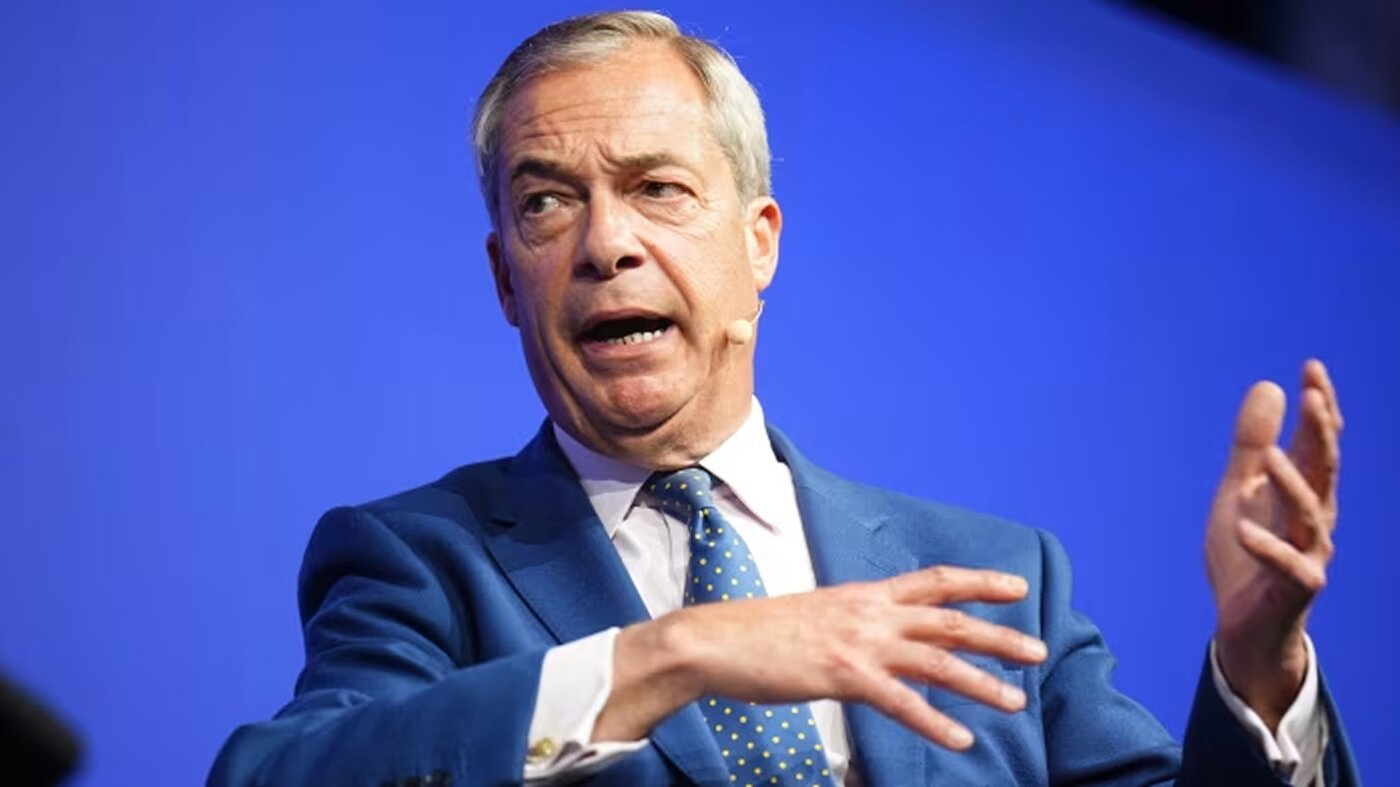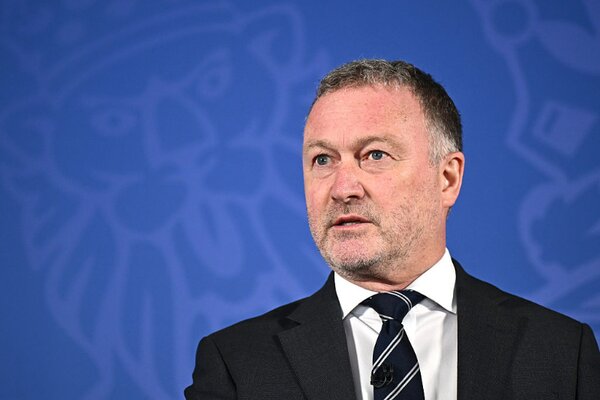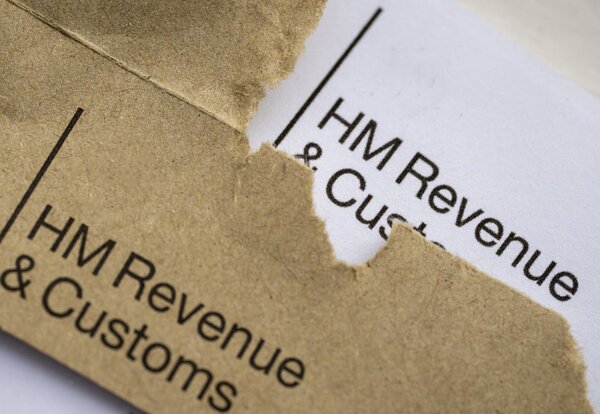Introduction
The Labour Party has come under increased scrutiny after senior figures linked upcoming tax increases to the economic aftermath of Brexit. Chancellor Rachel Reeves, echoing recent statements by Health Secretary Wes Streeting, highlighted the ‘severe and long-lasting’ impact of Brexit as a rationale for rising taxes in the Budget.
Labour’s criticism has also extended to Reform UK and its leader, Nigel Farage, who was a prominent supporter of Brexit. These remarks have intensified debate over whether blame for the UK’s tax rises can reasonably be attributed to Brexit and its principal advocates, as well as whether recent fiscal decisions result from broader structural challenges within public finances.
Labour’s Position on Tax Increases
Chancellor Rachel Reeves has asserted that the UK’s forthcoming tax rises are largely driven by the economic consequences of Brexit. Reeves stated, ‘there is no doubting that the impact of Brexit is severe and long-lasting,’ framing the post-Leave vote environment as a primary factor creating fiscal pressures.
Labour ministers have, in public comments, pointed to the ongoing effects of Brexit as justification for upcoming Budget measures. Party figures have also drawn attention to the involvement of Reform UK and its leader, Nigel Farage, in the Brexit campaign. According to reports, Labour is seeking to link Farage’s advocacy with the fiscal challenges the government now faces.
Critics, however, argue that neither Farage nor his party have held executive responsibility for implementing Brexit or subsequent tax policies.
Brexit and Economic Performance
Labour’s claims arrive in the context of mixed evidence regarding the UK’s economic growth compared to other G7 nations. Rachel Reeves has noted that the UK economy is currently one of the quickest growing among major developed economies, describing it as the ‘second fastest growing in the G7’
Independent data from the Office for National Statistics supports that, since leaving the European Union, the UK’s economic growth rate has been broadly similar to France, and has outpaced both Germany and Italy over recent years. Nonetheless, concerns about productivity and employment persist.
Recent ONS figures showed a fall in payrolled positions by approximately 115,000 over the past year, partly attributed to recent changes in employer National Insurance Contributions. The government has also faced criticism for awarding public-sector pay increases without parallel reforms in productivity.
Reform UK’s Influence and Political Dynamics
Labour’s focus on Reform UK may also reflect the shifting political landscape. Recent opinion polling suggests that Reform UK has achieved significant support, potentially impacting the next general election.
Labour’s strategy has included efforts to challenge the credibility of Reform UK’s policies, especially regarding fiscal matters and public spending commitments. Some politicians and commentators argue that attributing tax rises to Reform UK or its leadership is misplaced.
They point out that the party and its leader, Nigel Farage, have not set official government economic or taxation policy.
The Debate on Public Spending and Deficit
The rise in taxes has also been linked to long-standing issues with public finances. Analysis by independent fiscal authorities indicates that for more than two decades, successive UK governments have failed to achieve a balanced budget.
Government borrowing has resulted in an interest bill exceeding £100 billion per annum, a figure larger than current spending on education or defence, according to HM Treasury data. Economists note that these structural deficits have been manageable during periods of low interest rates, but as borrowing costs have risen, the sustainability of current fiscal policy has been called into question.
This has increased pressure on both current and future governments to raise revenue or curb spending.
Implications of Tax Policy Shifts
The government’s reluctance to implement austerity or substantial welfare reforms has further strained public finances. Reports indicate that Labour has reversed course on certain welfare cuts after internal debate. This situation, economists suggest, leaves tax rises as one of the few remaining tools to address the fiscal gap.
However, concerns have emerged over whether the UK tax burden has reached a point of diminishing returns where increases in tax rates result in less-than-expected additional revenue, in line with the ‘Laffer Curve’ principle. Some analysts have warned that further tax hikes risk hampering economic recovery.
Final Summary
Public and political debate continues around the drivers of the UK’s current tax increases, with Labour citing Brexit and its most prominent advocates as principal causes, and opponents disputing this attribution. Independent economic data points to longstanding deficits and rising interest on public debt as major contributors to fiscal pressures, with current and past governments bearing collective responsibility.
The discussion highlights the complexity of managing public finances in a post-Brexit environment and the difficulty of balancing public spending, economic growth, and tax policy. As all major parties offer varying approaches to budgetary challenges, public scrutiny remains high.
For those interested in tracking real-time tax policy developments and their impact, the Pie app provides detailed updates on fiscal and economic changes.











